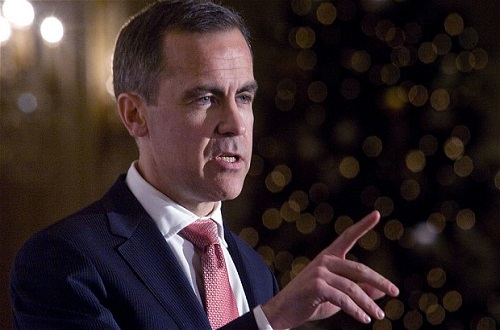Blog
Interest rate rises: do they really matter?

The Bank of England’s first rate rise in a decade has generated a lot of headlines, but does it matter as much as people think?
There’s been a lot of hand-wringing about the Bank of England’s first rate rise in a decade. Dave Prentis, general secretary of the Unison Trade Union said the rise added “insult to injury for public service employees suffering from years of wage freezes and limits on their pay.” The news channels wheeled out shoppers to gripe about the effects on their finances, while the gloomier economists believe it may plunge the vulnerable UK economy back into recession.
Is this likely? Probably not. First of all, it’s not a big rise. It’s only a 0.25% rise and interest rates remain very low. They have only been at their current level for 18 months, put in as an emergency measure after the UK’s vote to leave the European Union. If the Bank of England believes that the UK no longer needs these emergency measures, that is to be welcomed.
One of the key issues with a rate rise is its impact on mortgage rates. Certainly, those on standard-variable rates will see their payments rise. There are around four million households on these variable rates. Those with a mortgage of £200,000 will see their payments rise around £500 a year, or £40 a month. Some will certainly experience some pain, but for most, it should be manageable even if they have grown rather used to their mortgage bills coming down rather than rising.
What of those coming to the end of a fixed rate? There isn’t a direct link between interest rates and fixed rate mortgages – they do not rise or fall in lock-step. Fixed rate mortgages are priced from long-term gilt yields. Here, interest rates have an influence, but they are not the only factor. In fact, 10-year gilt yields dropped on the announcement of the rate rise, suggesting mortgage rates could actually fall. The mortgage market remains very competitive and Nationwide dropped its fixed rate mortgages only this week.
It is easy to forget that many people are savers as well as borrowers, particularly older people. Around 45 million people in the UK have savings. Carney was clear that he expected the banks to raise rates for savers, just as they had pushed them lower when rates fell. It isn’t totally clear what he could do to compel them, but either way, savers should see a little more interest on their nest-eggs.
So it is swings and roundabouts. Some will win, some will lose, but neither side is likely to see a significant change in their household finances. For that, people may have to wait for the Budget….